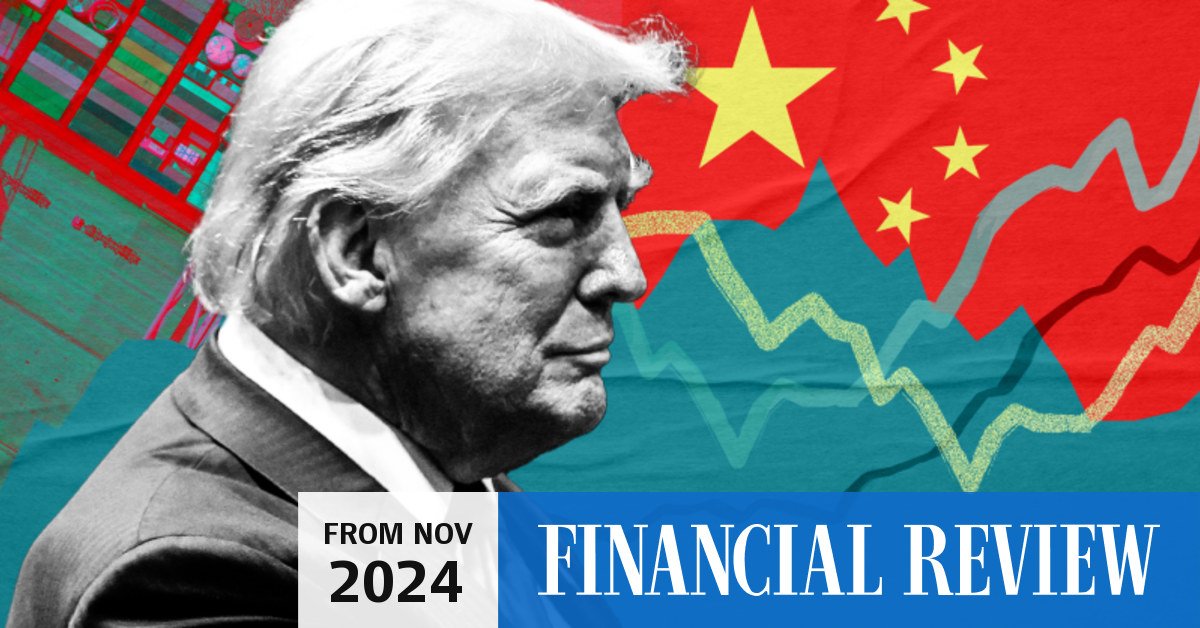If you’re looking to exchange currency for a trip abroad, major brick-and-mortar banks or credit unions can help you get different currencies at a fair exchange rate.
You won’t want to visit your nearest branch on a whim, though, as some banks do not offer exchanges. Here’s everything you need to know about exchanging currency — from where you can go to what you’ll need to place an order.
The following 15 banks and credit unions exchange foreign currency. These financial institutions are also featured in our guides for the best banks and the best credit unions. Keep in mind most banks or credit unions require you to be a customer to exchange currency.
Currency exchange allows you to swap out one denomination of money (for example, U.S. dollars) with another denomination (for example, Euros). There are several reasons you’d exchange currency; the two most common are exchanging money for traveling purposes, such as when you’re vacationing in another country, and forex trading, where you exchange currency as an investment in the hopes of making money.
The forex market generally informs what rates you can get when exchanging money at banks and credit unions, although your rates won’t be as favorable as the rates the bank is getting. You’ll want to compare currency exchange rates locally to see which financial institution offers the best rate.
Not all financial institutions exchange currency. Even if your bank provides this service, your nearest branch may only have certain types of currency available or limited amounts.
To avoid unnecessary trips to a bank, consider taking the following steps for purchasing currency.
Sandra Jones, senior vice president of member communications at State Employees Credit Union, recommends calling your bank’s customer service to see if your location has the type of currency you need to exchange.
If the currency isn’t immediately available, a bank representative can place an order.
Some financial institutions may offer to have the money sent to your home for a fee. If your bank requires you to exchange currency in person, you can set up an appointment to visit a branch.
While you can check exchange rates online to get a rough idea of how much money you’ll need, Jones says online rates do not accurately represent the rates available at financial institutions. You’ll want to ask a banker about exchange rates, instead.
When you are exchanging currency, make sure you have the following readily available:
Banks will usually charge a transaction fee for exchanging currency. You’ll either pay a flat fee or a variable fee. It depends on the amount and type of currency.
A bank representative will guide you through the steps of buying currency at your appointment.
When you return from your trip, your financial institution may also be able to buy back the foreign currency.
The biggest benefit of using local currency exchange services is that you’re almost definitely getting a better rate than you’d get if you waited until you’re in the airport or in the country you’re visiting.
When you’re at the airport or your destination, you might have a time limit; it’s either right before or during the time you need the new currency. You’ll only be able to use instant currency exchange locations. If you exchange your currency before you leave, you’ll have weeks or months to compare rates. You can even use online banks, because you’ll have time to wait for the money to get to you.
What’s more, the rates at airports and near tourist locations are likely to be worse than the rates you’d find locally, because the people who run those currency exchange services know that you don’t have many other choices. The best foreign exchange rates nearby your home won’t have that assumption.
Business Insider’s personal finance team is editorially independent, meaning that the business team doesn’t tell the team’s writers and editors what to write. You can learn more about how we review products through our editorial standards page.
Compare rates from multiple providers, check for hidden fees, and stay updated on current market rates to get a good exchange rate. Online currency converters can provide a benchmark for what to expect.
If possible, avoid airport currency exchanges. They tend to have higher fees and offer you a worse rate, because they know you don’t have other options. Exchanging currency before the trip will help you get the best rate.
Whether secure currency exchange services near you will allow you to negotiate will depend heavily on where you’re getting the service. There are many places that won’t let you negotiate, but you can always ask to see if they’re willing to give you a better rate.
Online currency exchange services are generally safe, especially if they’re at a bank or credit union. However, you should always research the service you’re planning to use ahead of time to see if they’ve had any scandals and read reviews.
Generally, you’ll want to exchange currency before arriving in the country you’re traveling to. You’ll have more time to look for a good rate, you usually know your local area better than the country you’re going to, and you’re less likely to end up at a currency exchange that targets tourists.
Editorial Note: Any opinions, analyses, reviews, or recommendations expressed in this article are the author’s alone, and have not been reviewed, approved, or otherwise endorsed by any card issuer. Read our editorial standards.
Please note: While the offers mentioned above are accurate at the time of publication, they’re subject to change at any time and may have changed, or may no longer be available.
**Enrollment required.
Jump to





